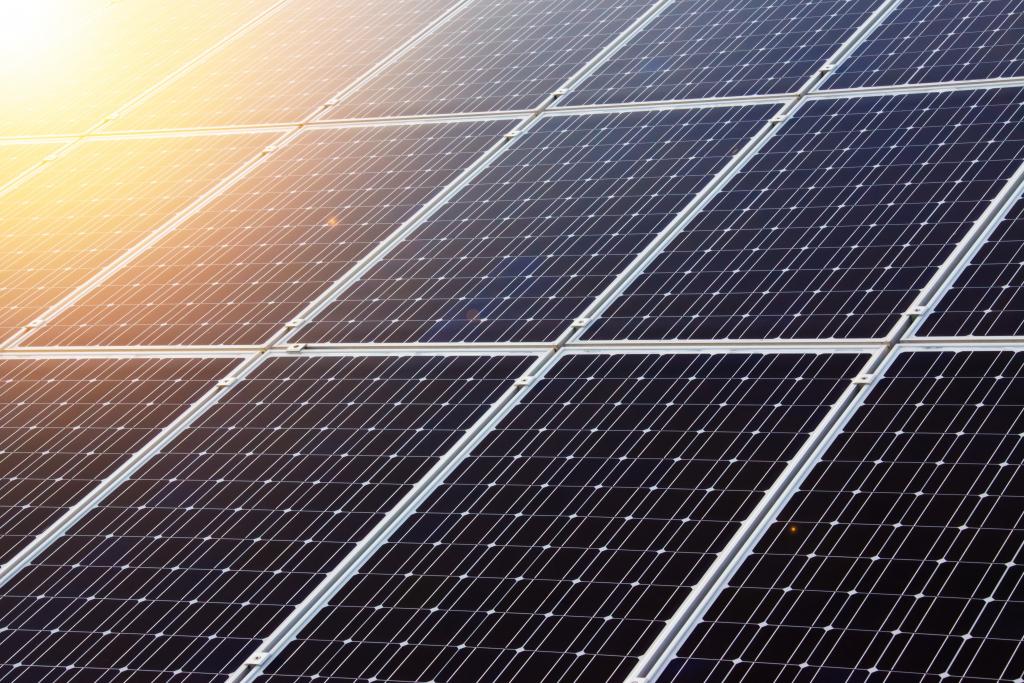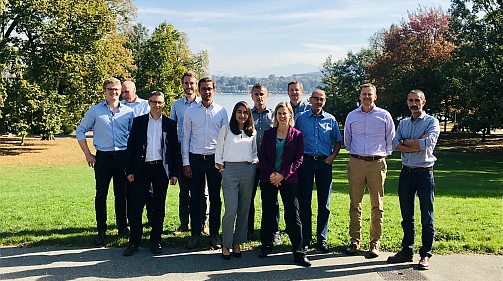The first Partners' meeting of the project "Financing investments in clean technologies" co-led by Joëlle Noailly (CIES) and Gaétan de Rassenfosse (EPFL) took place on Tuesday 16 October at the Villa Moynier, Graduate Institute. This meeting brought together our implementation partners from across seven organisations, representing various groups from policy-making organisations (OECD, GGKP), financial institutions (Jadeberg Partners, Emerald Technology Ventures) and cleantech companies (Switzerland G-E, Cleantech Alps). The participants discussed research progress, as well as practical applications and implementation of the results. The project is financed by the SNF as part of the NRP73, which aims to understand the potential of achieving a "Sustainable Economy" in Switzerland.
GENEVA GRADUATE INSTITUTE
Chemin Eugène-Rigot 2A
Case postale 1672
CH - 1211 Geneva 1, Switzerland
+41 22 908 57 00
ADMISSIONS
prospective@graduateinstitute.ch
+ 41 22 908 58 98
MEDIA ENQUIRIES
sophie.fleury@graduateinstitute.ch
+41 22 908 57 54
ALUMNI
carine.leu@graduateinstitute.ch
+ 41 22 908 57 55



